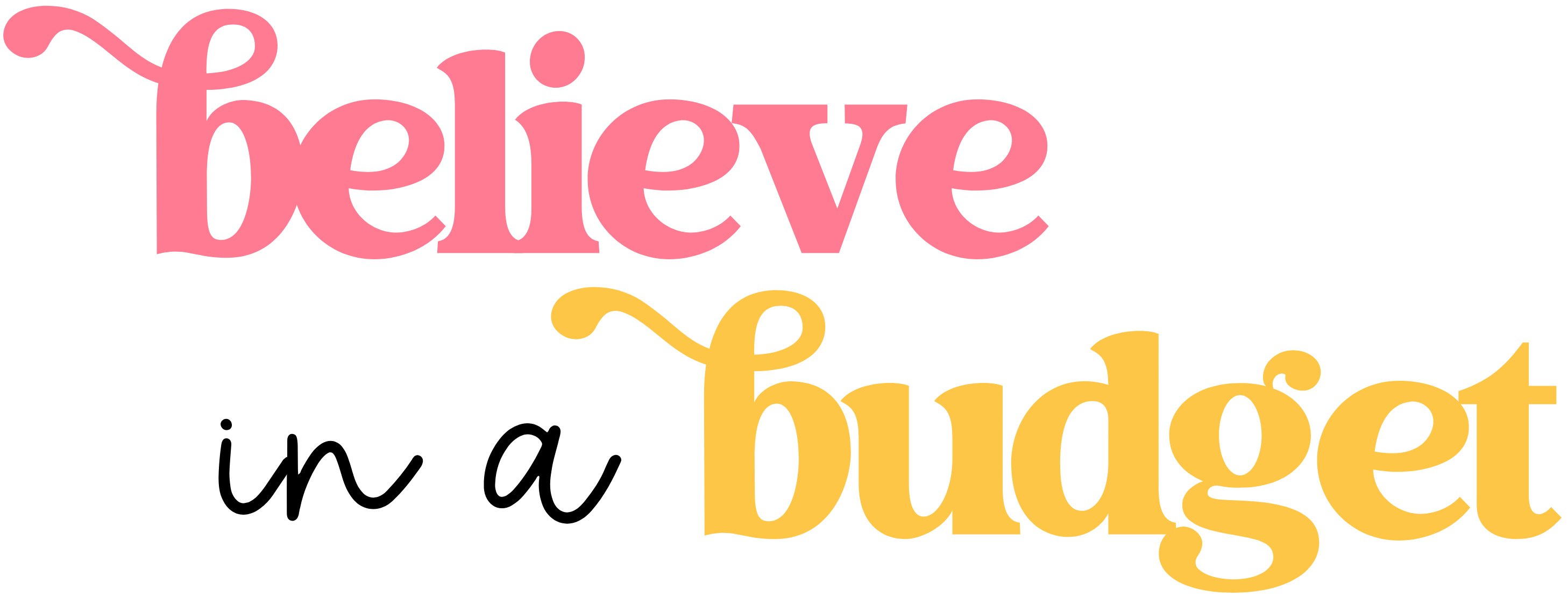How to Earn Money as a Podcast Editor
Did you know that you can take your passion for podcasting and turn it into a career as a podcast editor? Well, now you do!
Podcasting is taking over as a major information source (and that’s a good thing!) It’s an accessible way to learn about any topic.

For every niche interest, there are a dozen podcasts serving up their unique takes – giving you endless opportunities to make money as a podcast editor.
As a podcast editor, you’ll transform hot takes and educational deep dives into works of art. And in this post, I’m going to help you get started!
Related
- How to Make More Money Online This Year
- Starting a Creative Design Business
- Selling Stickers and Stationery
- How To Sell Canva Templates
- How To Make and Sell Etsy Printables
Work as a Podcast Editor: What You Need to Know
While podcast editing may sound straightforward, your role will likely require more than base editing. Editors are required to:
- Sound design – Adding sound effects, transitions, intros, outros, and ad segments.
- Audio editing – Removing background noise, cutting awkward pauses, balancing for clarity, and mixing and mastering for sound quality.
- Content editing – Making changes for flow, trimming long segments, and reorganizing segments.
You may also offer post-production services like formatting and distribution, custom graphics per episode, podcast description writing, and more.
Necessary Skills
Working as a podcast editor requires a diverse skill set to best succeed. These skills include:
- Sound engineering – You’ll need an excellent knowledge of sound engineering. AKA, how to mix and master audio while maintaining stellar sound quality.
- Creativity – Beyond basic editing, you’ll flex your creative chops through added sound effects, background music, and engaging storytelling.
- Attention to detail – Like an editing position, you’ll need to focus on minute details to create professional, seamless, finished audio.
- Time management and organization – Podcast editors have to balance a range of clients and projects, meaning you need to be on your organizational A-game.
- Excellent communication – At its heart, podcasting editing is a collaborative role. You’ll work in collaboration with project managers and project hosts to produce each episode. Strong communication is needed among all team members.
- Proficiency in editing software – Your main role will require a mastery of the editing software of your choice.
Tools to Use and How to Learn Them
There’s no shortage of podcast editing tools available, both paid and free. The best tool for you is the one that is most intuitive to your skillset, saving you time and money.
Some important tools for you to try include:
While many of these tools are user-friendly, I recommend using their integrated help modules or YouTube tutorials to help you master them. Remember to take advantage of free trials before you commit to any one tool.
How to Market Podcast Editing
So, you’ve got the skills, but where do you start?
Podcast editors can market their services on freelance job boards like Fiverr or Upwork. This is a good way to gain experience in the field, especially as a newbie. This route is also great for anyone looking to use podcast editing as a side hustle rather than a full-time career.
You can also use job boards like ZipRecruiter or Indeed to find more permanent positions in podcast editing. Whether you sign on with an agency or work for an independent brand, this can offer you more consistent, stable work.
Finally, you can market yourself through a range of landing pages, including a business website, Instagram account, and Facebook page. This is how folks can view your portfolio, see your skills in action, and want to pursue you for their podcasts!
How to Build Your Podcast Editing Portfolio
If you’re new to the podcast editing game, it can be tricky to craft that oh-so-important portfolio that makes clients want to work with you. But it’s actually quite simple.
Start by offering your services at a discounted price on freelance sites to gain experience; the portfolio addition will be worth the pay cut.
You can also offer complementary services to friends, family, or non-profit organizations to beef up your portfolio.
Then, share your expertise through a portfolio website. Platforms like Squarespace and Wix make it extremely easy.
How to Charge as a Podcast Editor
How you’d like to charge for your editing services is up to you. Remember to charge fairly according to your skill levels and accurately based on your time spent.
Three common charging methods include:
- Hourly rate – Charged per time spent on the project. Hourly rates range from $20-$100 based on your experience and client budget.
- Episode rate – A set rate per episode. Once again, this can range between $50-$500 per episode based on the editing needed, the length of the episode, and your prior experience.
- Subscription rate – Clients pay you based on a long-term project, either by package or month.
Other important factors include an invoicing tool like Quickbooks or Freshbooks as well as a secure payment platform like Paypal, Stripe, Square, or Shopify.
More Ways to Earn Money in Podcasting
Beyond editing, you can diversify your services for even more revenue.
For example, setting up podcast landing pages for brand-new podcasters is a good way to earn some extra money. Some popular hosting sites include:
Other services you can offer include:
- Making custom graphics for podcast episodes
- Writing podcast descriptions for each episode
- Creating blog posts or weekly newsletters for new episodes
- Podcast scheduling, posting, and other project management tasks
Each extra service you offer can add to a total package, transforming a simple editing job into a lucrative venture.
Ready to Start Working as a Podcast Editor?
The time to get into podcasting is now!
Podcast editing is a creative way to work in the podcasting realm, putting your diverse skillset to the test.
Perfect for freelance side hustlers or tech-proficient entrepreneurs, there are so many ways to use podcast editing to earn some extra money.
So, start hunting the job boards for podcast editing gigs – you never know where they may take you.







